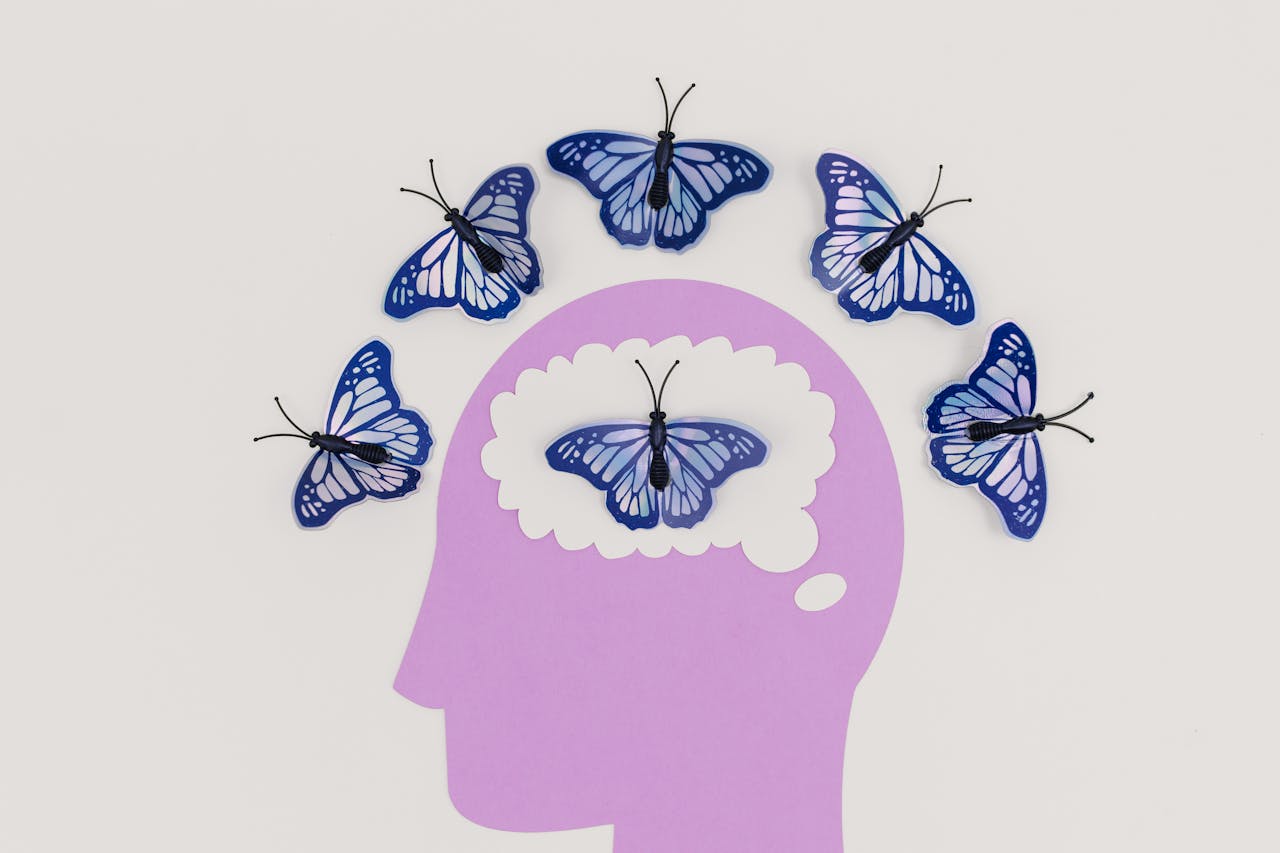A groundbreaking study has unveiled a new brain-to-text neuroprosthesis that significantly improves communication for individuals with severe speech impairments. The device, which was tested on a man with advanced amyotrophic lateral sclerosis (ALS), demonstrated remarkable accuracy in translating thoughts into text.
The neuroprosthesis, which uses 256 recording sites in the brain’s speech control region, was able to decode the participant’s intended speech with an impressive 97.3% accuracy after just 16 hours of use. This level of precision is notably higher than the current standard for automated speech recognition technologies, such as those found in smartphones, which have an error rate of about 5%.
From the very first day of use, the device enabled the participant to communicate using a vast vocabulary of 125,000 words. By the second day, he was actively using the system to converse with family, friends, and colleagues, and was pleased with how closely the device’s synthesized voice resembled his own.
This new neuroprosthesis also marks a significant advancement in training efficiency. Previous models required extensive periods of training and recalibration, but this new device achieved high accuracy with a much shorter training time. In initial tests, it reached over 95% accuracy with a broad vocabulary after just 6.6 hours of cumulative training.
The device’s design improvements include doubling the number of microelectrodes used to capture brain signals and incorporating advanced language models, which contributed to its high performance. It also benefits from a novel approach to recalibration, reducing the need for frequent adjustments.
Researchers believe this technology could greatly enhance the quality of life for people with severe speech disabilities, offering a more effective and user-friendly means of communication. Future developments will focus on maintaining performance and expanding the device’s availability to more patients.
Citation(s):
Card NS, Wairagkar M, Iacobacci C, Hou X, Singer-Clark T, Willett FR, Kunz EM, Fan C, Nia MV, Deo DR, Srinivasan A, Choi EY, Glasser MF, Hochberg LR, Henderson JM, Shahlaie K, Brandman DM, Stavisky SD. An accurate and rapidly calibrating speech neuroprosthesis. medRxiv [Preprint]. 2024 Apr 10:2023.12.26.23300110. doi: 10.1101/2023.12.26.23300110.
Update in: N Engl J Med. 2024 Aug 15;391(7):609-618. doi: 10.1056/NEJMoa2314132. PMID: 38645254; PMCID: PMC11030484.



